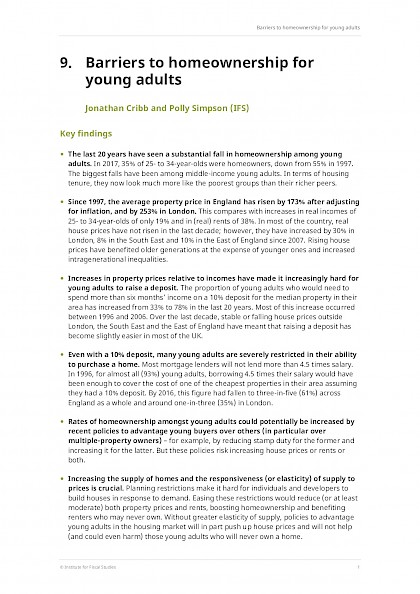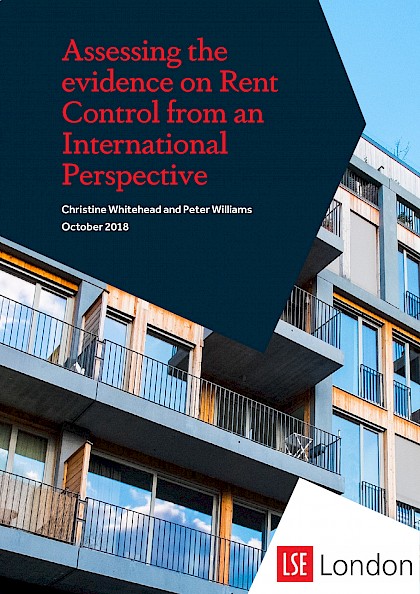The 2018 Reports
This page holds reports placed on the site in 2018. Our Ed Panel will assess each new report. Those that they consider have the greatest chance of influencing policy makers are shown in the 'must read' section at the top of the page. The Ed Panel aims to have about a dozen reports listed in this section by the end of the year and those reports that have made way for more highly ranked ones are listed in a 'highly commended' section. Useful factual data from some reports is included in the 'Bite size facts' drop down menu. To read Ed Panel commentary on reports see the Articles drop down menu. The statistics button links to annual statistical and Government publications at the bottom of the page. The home page also holds a selection of the most recently published reports and you can use the search function to find specific areas of interest. The date of the report is the site date which usually coincides with the publication date, but not always.
Must Read
Selected by our editorial panel as being the most important publications.
Highly Commended
Picked by our editorial panel as important publications.
Further Reports
Statistics
Annual Reviews, White & Green Papers & Statistics


























































































































